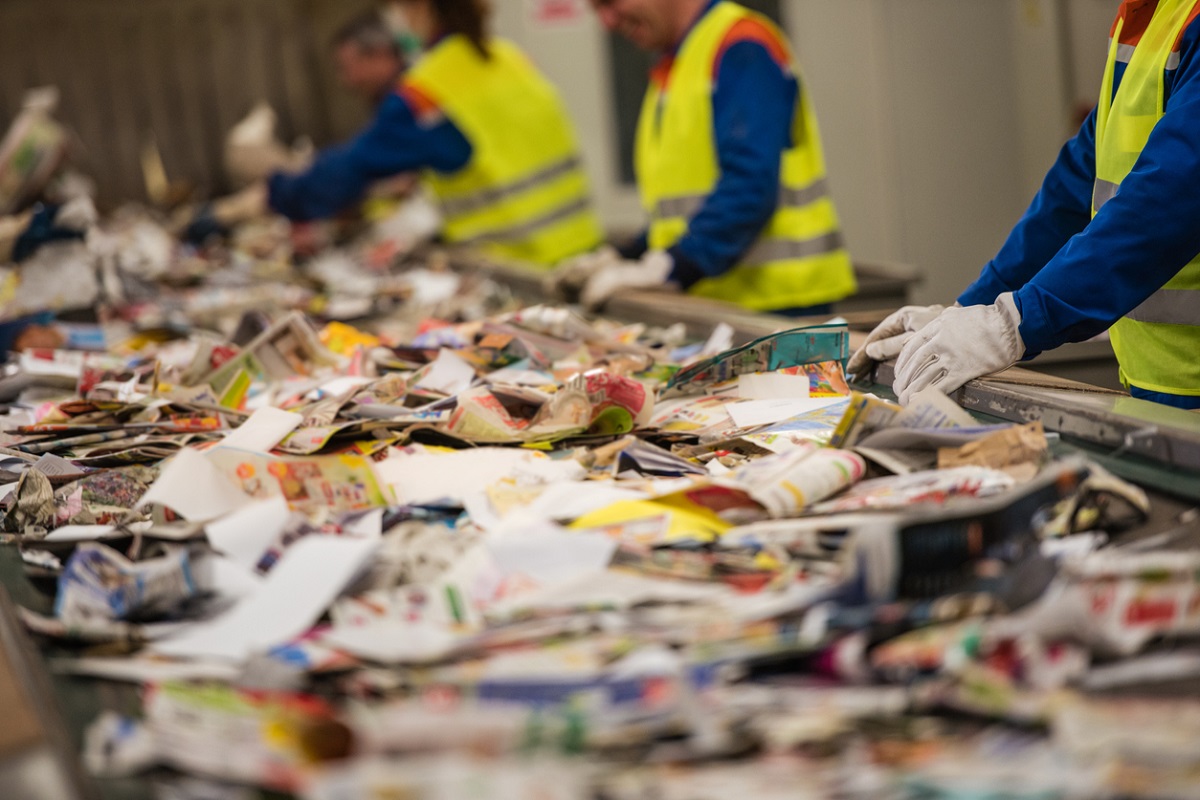More women now seeking credit, monitoring their credit scores: NITI Aayog report
NITI Aayog on Monday launched the report titled “From Borrowers to Builders: Women’s Role in India’s Financial Growth Story”.
The entire gamut of municipal solid waste management has been seen from a cross-section of 10 different aspects that explains a sustainable value chain.

(Representational Image; Source: iStock)
Niti Aayog and the Centre for Science and Environment (CSE) today released “Waste-wise Cities: Best practices in municipal solid waste management,” a comprehensive knowledge repository of how Indian cities are managing their solid waste.
India’s solid waste management sector has witnessed unparalleled growth in the last few years. The Swachh Bharat Mission Phase 2 is launched to further strengthen the efforts for a clean India. The report documents best practices from 28 cities in 15 states of India.
Advertisement
The report is the result of a country-wide study and survey jointly conducted by the Aayog and CSE. The repository is the result of five months of extensive on-ground collective research that was initiated in July 2021.
Advertisement
The entire gamut of municipal solid waste management has been seen from a cross-section of 10 different aspects that explains a sustainable value chain. The thematic aspects range from source segregation, material recovery, and technological innovations to the management of different kinds of wastes and systems such as biodegradables, plastics, e-waste, C&D waste, and landfills.
Niti Aayog Vice-Chairman Rajiv Kumar said, “Looking at the future of Indian development where urbanisation is going to be the key and cities will be the driving force of economic growth, implementing efficient waste management systems in cities is extremely important.”
He emphasised “Jan Andolan for Swachhta is very essential, where everybody is involved and understands the importance of source segregation and overall waste management operations.
He said with extensive mass communication for behavioural change, every city can and must aspire to become Indore. It is also important that these best practices are referred to and adapted by tier 2 and tier 3 cities.
He highlighted that “Frontier technologies have to be used in for converting waste to the highest form of energy,” and added, “the key to achieving zero waste cities is to strengthen governance capabilities especially in the municipalities and other urban local bodies.”
CSE Director General Sunita Narain said: “The Swachh Bharat Mission (SBM) 2.0, launched on September 1, 2021, is now based on a clear strategy for solid waste management in cities – a strategy that focuses source segregation, material reprocessing, and zero-landfills.”
“This change needs to be recognised and disseminated so that waste does not add to contamination and become a public health menace. Waste should become a resource to be reworked, reused, and upcycled,” she said.
Advertisement